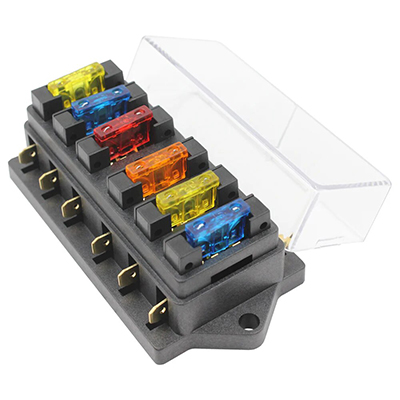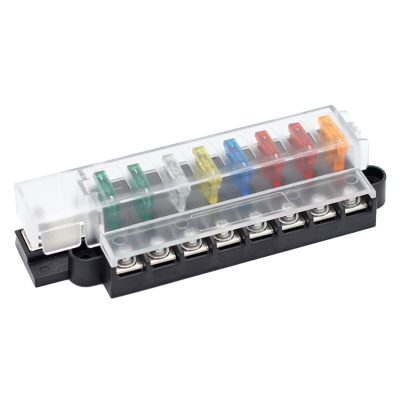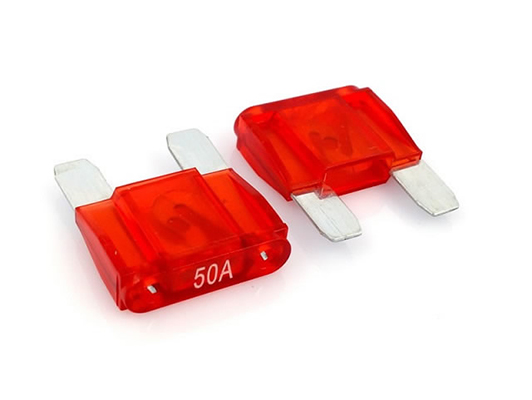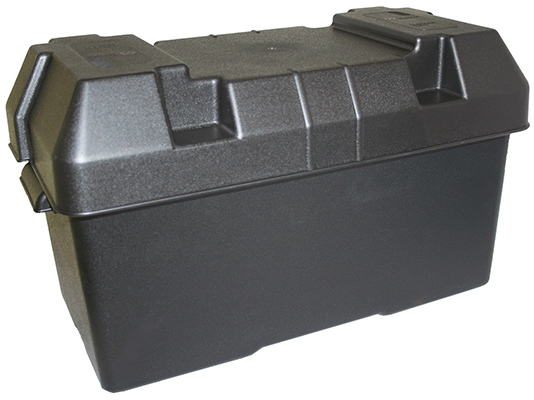Role of Resistors in Regulating Current Within Automotive Fuse Boxes
News 2025-10-31
In automotive electrical systems, resistors within fuse boxes play a crucial role in current regulation, ensuring that circuits operate safely and efficiently. These components help manage electrical flow, preventing overloads that could damage wiring or sensitive electronics. By dissipating excess energy as heat, resistors maintain stable voltage levels and protect against short circuits, which is vital in the complex networks found in modern vehicles. Understanding their function is essential for engineers and technicians working on automotive diagnostics and repairs.

Applications in Vehicle Electrical Systems
Resistors in automotive fuse boxes are integral to various applications, such as controlling current in lighting circuits, power windows, and engine management systems. For instance, in electric vehicle charging setups, they help regulate the flow to avoid surges during battery connections. This adaptability makes them suitable for both traditional combustion engines and emerging hybrid technologies, where precise current control enhances reliability and extends component lifespan.
Performance Advantages in Circuit Protection
The key strengths of these resistors include high thermal stability and low tolerance variations, allowing them to handle rapid current changes without failure. Their compact design fits seamlessly into fuse box layouts, reducing space needs while improving overall system efficiency. Additionally, by minimizing voltage drops, they support better energy management, which can lead to improved fuel economy in conventional vehicles and optimized power usage in electric models.
Frequently Asked Questions
1. What materials are commonly used for automotive fuse box resistors?
They are typically made from carbon film or metal oxide for durability and heat resistance.
2. How do resistors prevent circuit damage in high-current scenarios?
By limiting current flow, they reduce the risk of overheating and component burnout during faults.
3. Can resistors be replaced individually in a fuse box?
Yes, many designs allow for modular replacement to maintain system integrity without full assembly changes.


